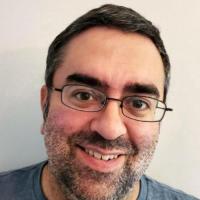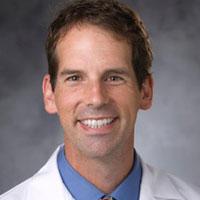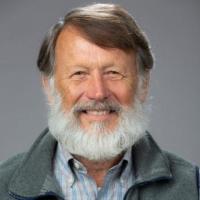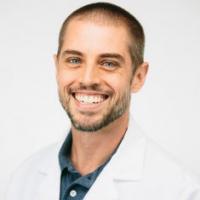Plastic Pollution Working Group Members
Faculty

Jason Arnold
Microorganisms are present in almost all environments, and the full extent of their impact on their hosts and surroundings are largely unknown. A better understanding of how microorganisms and microbial communities interact with their environments and hosts will provide immeasurable insights into all aspects of biomedical and environmental research. I’m broadly interested in expanding accessibility and feasibility of microbiome research to scientists across disciplines and help to provide experimental and computational support at all stages of microbiome-focused projects.

Meagan Dunphy-Daly
Dr. Dunphy-Daly’s research focuses on the role of policy and technology in reducing marine plastic pollution. She is interested in how regulations for other pollutants have led to improved technology and how we can apply these frameworks to the plastic pollution pandemic. Dr. Dunphy-Daly co-lead a Bass Connections team on the bioremediation of plastic pollution to conserve marine biodiversity, and she works to engage students in research aimed at ways to reduce the human impact on our marine environment.

William Eward
Dr. Will Eward is a physician-scientist at Duke University where he specializes in the treatment and study of Sarcoma. As a dual DVM-MD with expertise in comparative models of cancer, Will serves as Executive Director of the Duke University Comparative Oncology Group. Although his lab primarily studies cancer, they are very interested in plastic waste because it can perpetuate carcinogens in the environment. Will’s research includes how we can transform plastic waste into a biodegradable substrate. Will is a team leader for the Bass Connections team on Bioremediation of Plastic Pollution to Conserve Marine Biodiversity.

Claudia Gunsch
Our lab is interested in exploring the microbial ecological impacts of emerging contaminants and specifically the biodegradation of plastics in aquatic environments.

Andrew Read
Dr. Read's research interests are in the conservation biology of long-lived marine vertebrates, particularly marine mammals, seabirds and sea turtles. Much of his current research documents the effects of human activities on populations of these species and attempts to find solutions to such conflicts. This work involves field work, experimentation and modeling. He is particularly interested in the development and application of new conservation tools. Dr. Read serves as a faculty contributor for the Bass Connections Team Bioremediation of Plastic Pollution to Conserve Marine Biodiversity.

Daniel Rittschof
Dr. Rittschof’s research is focused on the toxicology and physiological impacts on marine animals of molecules leaching from plastics, the flavors of plastics that cause plastics to be consumed, the impacts of consumption on animals eating plastic and the role of plastics as platforms for delivery of biologically active molecules to animals and for removal of biologically active molecules from animals. The lab’s goal is to inform policy and manufacturing processes.

Thomas Schultz

Jason Somarelli
Dr. Somarelli’s team is trying tackle the plastic waste pandemic in the following ways: 1) developing new enzymes and microbial systems to biodegrade plastic, 2) using bioinformatics to identify enzymes with plastic degrading capability, 3) understanding the influence of plastic ingestion as a carrier of environmental toxins, and 4) engaging students in research aimed at improving societal understanding of humanity's negative impacts on the environment and human health.
